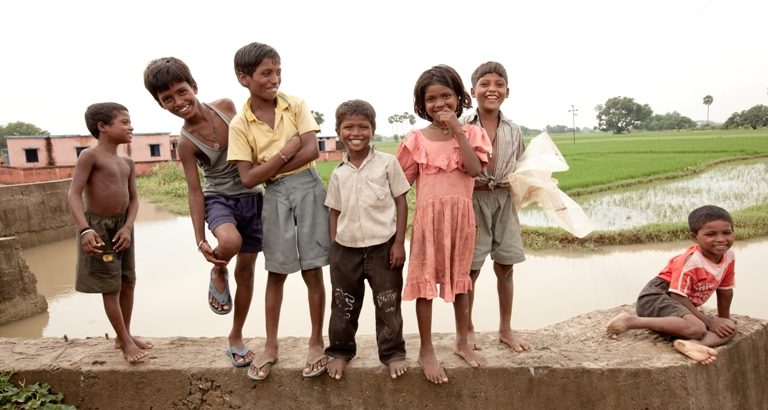This week immunization experts from around the world will gather in Geneva to review new evidence and discuss recommendations for WHO immunization policy. An important item on the agenda for the fall meeting is typhoid vaccines. A recommendation on the use of new typhoid conjugate vaccines (TCVs) could significantly impact the effort to reduce the global burden of typhoid, a disease that impacts nearly 12 million people a year.
The Strategic Advisory Group of Experts (SAGE) on Immunization, an independent advisory group, meets twice a year to provide guidance to the World Health Organization (WHO) on vaccines and immunization policies. On October 17, a group of typhoid experts serving on the SAGE Working Group on Typhoid Vaccines will report their findings to the SAGE after more than a year and a half of analyzing scientific evidence and relevant programmatic considerations for updated recommendations on the use of typhoid vaccines.
Since the WHO last issued recommendations for typhoid vaccines in 2008, there have been significant breakthroughs in the development of a new type of vaccine for typhoid. Here are some key topics that the Working Group on Typhoid Vaccines is expected to address in their presentation to SAGE, which will inform the WHO’s recommendations on the use and introduction of typhoid vaccines, specifically TCVs, around the world:
Update on disease and economic burden. Researchers currently estimate that typhoid causes nearly 12 million cases and more than 128,000 deaths a year, but the burden is likely even greater due to difficulties in surveillance and diagnostics. To illustrate the extent of the public health problem, the latest data on disease burden, as well as the economic burden of typhoid, will be presented. By establishing a more accurate understanding of the burden of typhoid, researchers and advocates will be better able to determine solutions.
Increasing threat of drug resistance. Since first appearing in the 1970s, drug-resistant typhoid has spread globally, earning a place on the WHO’s “priority pathogen” list as one of the greatest threats to human health. Drug-resistant strains of typhoid often force the use of more expensive, less available and harder-to-use antibiotics, placing great pressure on health systems. Vaccines are expected to be highlighted as a critical tool to stem the spread of drug-resistant typhoid, by reducing disease and the need for antibiotics.
Effectiveness and safety of typhoid vaccines. The latest research evaluating the effectiveness and safety of typhoid vaccines will be reported, including the highly anticipated TCVs, which offer significant advantages over currently available vaccines. These new vaccines offer longer-lasting protection, require fewer doses, and are suitable for children less than two years of age, allowing for delivery through routine childhood immunization programs. By sharing the latest TCV evidence, decision-makers can determine the best strategies for introduction in the countries that need them most.
Recommendation on TCV use. Most importantly, the Working Group on Typhoid Vaccines will offer draft recommendations on the use of TCVs to control typhoid. These recommendations will be discussed by SAGE with the goal of drafting an updated WHO Position Paper on typhoid, the global policy on typhoid vaccine use. The updated position paper is expected in early 2018.
As current trends of drug resistance, urbanization and climate change heighten the risk of typhoid outbreaks worldwide, a unified policy to coordinate a unified global response is critical. The WHO plays a unique role in not only setting policy, but coordinating implementation with country governments, health partners, civil society and the private sector. Together, these partners can accelerate the uptake of TCVs and save lives.
Photo: Sabin Vaccine Institute/Esther Havens



